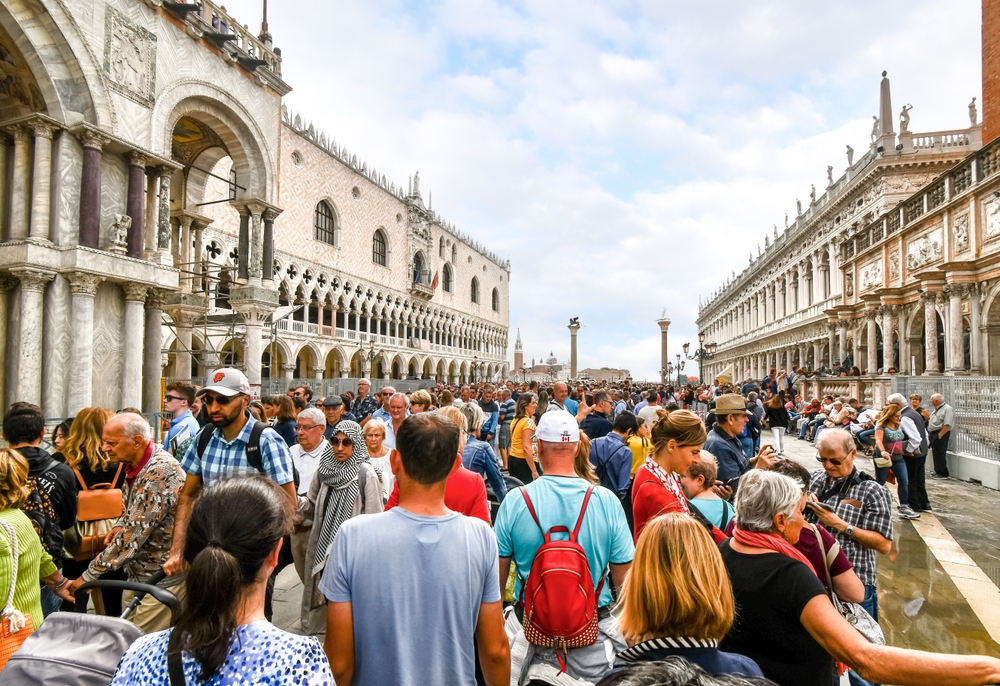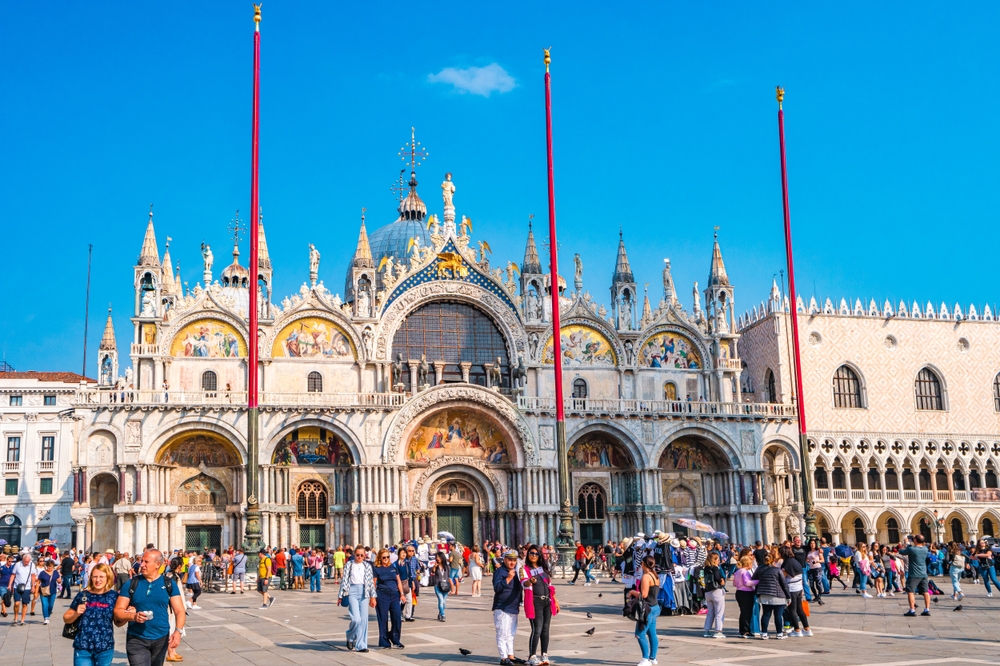Venice, the mesmerizing “City of Canals,” is implementing a new initiative to protect its fragile ecosystem and unique heritage: the Venice Access Fee. Starting this Thursday, visitors entering Venice during peak tourism season on selected dates and times will be required to pay a 5 Euro access fee. While this fee aims to regulate tourism and safeguard the city, it comes with several exemptions and has sparked mixed reactions among residents and tourists alike.
How to Pay the Venice Access Fee and Gain Entry
To explore the enchanting streets and canals of Venice, visitors can easily pay the 5 Euro fee (per day) online and receive a QR code for entry. Attempting to enter the city without a valid QR code or providing false information to obtain an exemption can result in fines ranging from 50 to 300 euros, underscoring the importance of adhering to these new regulations.
Preserving Venice: More Than Just a Revenue Initiative

Mayor Luigi Brugnaro describes the Venice Access Fee as an “experiment” essential for protecting Venice’s fragile and ancient allure. Contrary to generating revenue for the municipality, city officials emphasize that the fee’s primary purpose is to manage and regulate tourism effectively, ensuring the city’s sustainability for future generations.
Understanding Venice’s Overtourism Challenges
Venice has long grappled with overtourism concerns. A 2020 study revealed that the city welcomes over 30 million visitors annually, with many spending just a day exploring its wonders. This influx has transformed local amenities into tourist-centric offerings and exacerbated housing shortages, impacting the daily lives of residents. Concerns about Venice’s cultural integrity led UNESCO to issue warnings, though it stopped short of declaring the city endangered.
Who Is Exempt from the Venice Access Fee?
Certain categories are exempt from paying the Venice Access Fee, including:
- Persons born in the Municipality of Venice
- Residents in the Municipality of Venice
- Children under the age of 14
- Disability Card holders and their accompanying caregivers
- Members of the Armed Forces, Police Forces (including Fire Brigade), and public administrators traveling for institutional reasons
Workers and students in the Ancient City or minor islands of the lagoon - Residents in the metropolitan city of Venice and the Veneto Region
- Persons undergoing medical treatment or assisting patients in the city
- Volunteers serving during events or emergencies in Venice
- Participants in recognized sports competitions and accompanying persons
- Tourists who can prove they have booked accommodation in Venice (in the municipal territory: Venice, Murano, Burano, Lido, Pellestrina, Favaro Veneto, Mestre-Carpenedo, Chirignago-Zelarino, and Marghera) for at least one night.
- And many more specified categories detailed on the official website
Mixed Reactions to the Venice Access Fee
While many endorse the Venice Access Fee as a necessary step towards protecting the city, it has faced opposition from residents and critics. Some argue that the fee fails to address the root causes of overtourism, such as housing shortages caused by homes converted into short-term rentals. Signs reading “No to ticket for Vene-Land” reflect concerns about Venice becoming perceived as a mere tourist attraction or theme park.
The Declining Venice Population
With the city’s population dwindling to less than 50,000 residents today from 175,000 in the 1950s, the impact of overtourism on local life and culture is evident. Balancing tourism with the needs of residents is crucial for Venice’s sustainable future.
Embracing Technology for Conscious Tourism
In addition to the Venice Access Fee, the city is leveraging technology to inform visitors about these changes. AI-generated informational videos in multiple languages are available on the official website, promoting informed and respectful tourism practices.
Responsible Tourism

For travelers passionate about authentic and conscious experiences, understanding and respecting the Venice Access Fee and its purpose is essential. By planning visits mindfully, supporting local initiatives, and embracing responsible tourism, visitors can contribute to preserving Venice’s unique charm and cultural heritage for generations to come.
Find out what days the Venice Access Fee is charged, how to pay and more.


Thanks for sharing this informative post. really useful for travel lover.